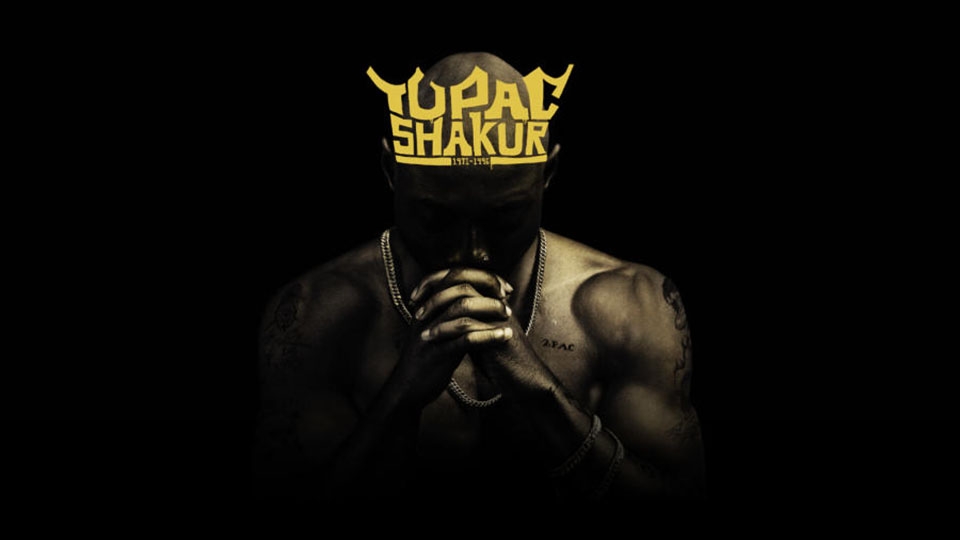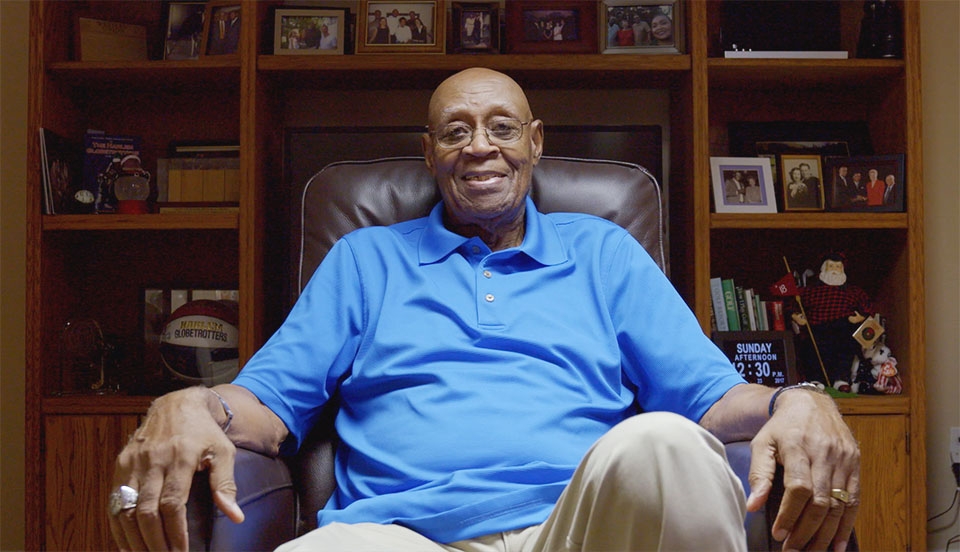
Sean Armstrong | Staff Writer
12/07/17
Two decades after his shocking and violent death, Tupac has still yet to see a resolution to his murder. A new mini-documentary series, titled Who Killed Tupac?, explores the lead-up and mystery surrounding the rapper’s death.
What sets this documentary apart from others aiming to answer the age-old question is that the investigation is led by Benjamin Crump, a civil rights attorney whose career involves the cases of Trayvon Martin, Martin Lee Anderson and Michael Brown.
The documentary begins with an analysis of Shakur’s final moments. He assaults a man who he had a previous altercation with months earlier in a Las Vegas casino, and then Shakur flees the scene, only to be gunned down at a traffic light later that night.
While there are numerous — and often ridiculous — rumors out there surrounding Tupac’s death, there are a few that carry more weight than others.
One is the idea that Orlando Anderson, the man Tupac assaulted earlier that night, may have killed him. Another is that the Crips, who were known associates of Anderson, killed him and the third is that Suge Knight, the man who signed Tupac to his label, Death Row Records, shot Tupac after he got out of jail.
Who Killed Tupac?, perhaps as a result of focusing on the more grounded of the rumors, can be rather uninteresting. Anyone who has advanced beyond grade school can discern who the murderer is because his name is brought up at least once a minute for the first two hours of the documentary.
Now, if the answer to the documentary’s question is so clear, one can only wonder two things: Why should I watch this if it’s so obvious from the get go? And why is this murder a mystery?
To address the first question in short: There is no reason to watch Who Killed Tupac? for its content. The first 15 minutes of this documentary are sufficient for any casual viewer.
However, worth considering is just how simple and obvious this case seems. Again, why Tupac’s murder remains open is the fundamental question that the existence of this documentary poses.
There is no point to watching this documentary after it first mentions Anderson if it were to be judged on content alone. However, there is more to it than that. If people do not look beyond the redundant nature of the documentary, they risk losing sight of the injustice that permeates this case into today.




